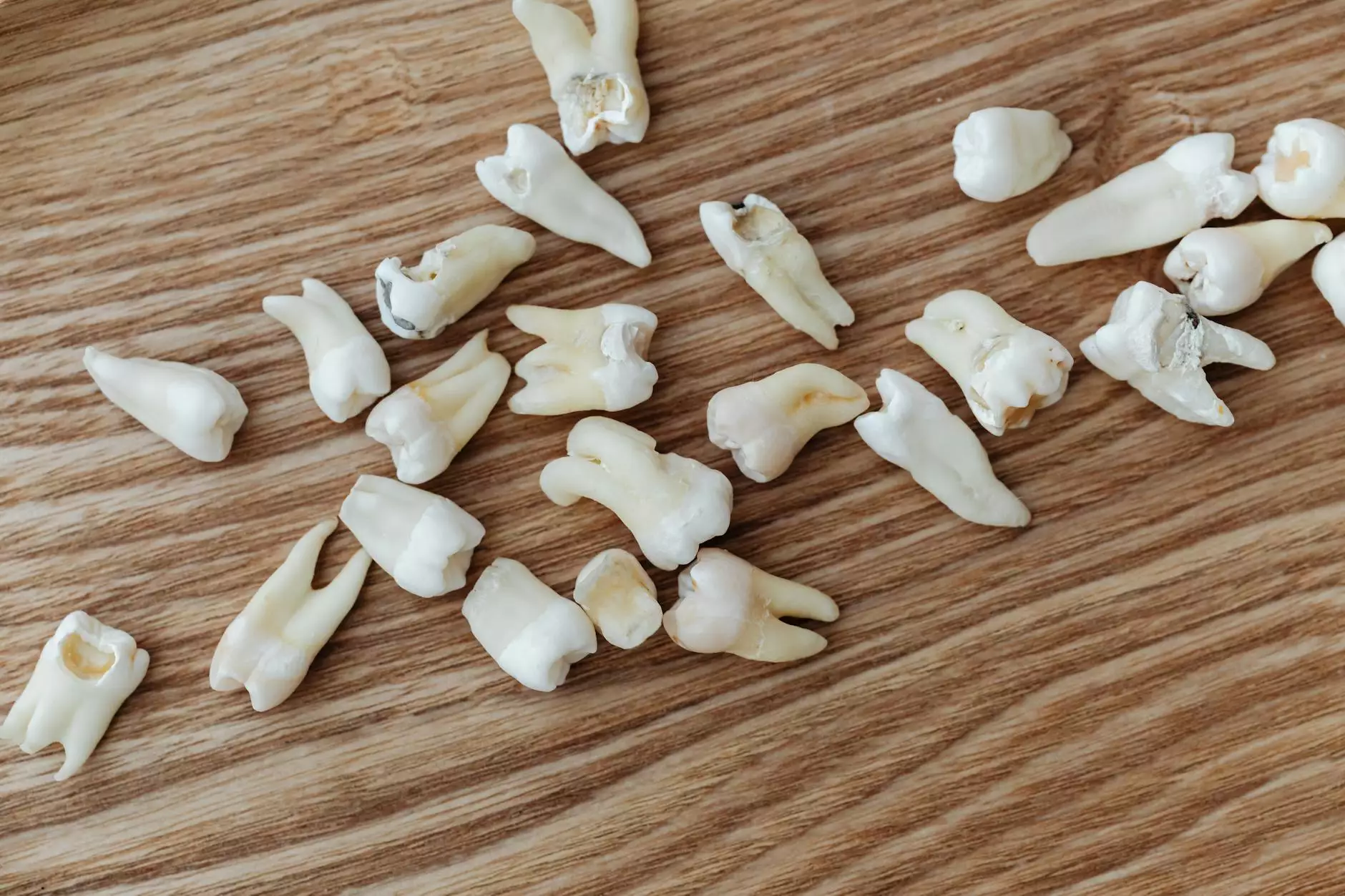Understanding Halitosis: Insights from a Halitosis Dentist

Halitosis, often referred to as bad breath, is a common concern that affects people around the world. Dealing with halitosis can be both embarrassing and challenging, influencing interpersonal relationships and self-esteem. If you are looking for effective solutions to combat this issue, consulting a halitosis dentist can provide the guidance and treatment necessary to restore your confidence and oral health.
What is Halitosis?
Halitosis is characterized by an unpleasant odor emanating from the mouth. While it's a common condition, the degree of severity and the underlying causes can vary greatly from person to person. Understanding its origins can help you take appropriate steps toward resolution.
Common Causes of Halitosis
Several factors can contribute to halitosis, including:
- Oral Hygiene: Poor dental hygiene allows food particles to remain in the mouth, promoting bacterial growth and leading to foul odors.
- Food Choices: Certain foods, such as garlic, onions, and spices, can contribute to bad breath due to their strong odors.
- Tobacco Products: Smoking and other tobacco use can cause bad breath and reduce your ability to smell.
- Medical Conditions: Some diseases, such as diabetes or GERD, can lead to specific types of halitosis.
- Dry Mouth: Saliva helps cleanse the mouth; reduced saliva can result in bad breath.
How a Halitosis Dentist Can Help
Seeking help from a halitosis dentist can be your best first step toward addressing this condition. These dental professionals are experienced in diagnosing and treating the various causes of bad breath. Here’s how they can assist you:
Comprehensive Oral Examination
Your halitosis dentist will conduct a thorough oral examination to determine the source of the odor. This may involve:
- Checking for dental cavities, gum disease, and oral lesions.
- Assessing your oral hygiene habits and dietary choices.
- Evaluating saliva flow and signs of dry mouth.
Personalized Treatment Plans
Once the cause of your halitosis is identified, your dentist can create a personalized treatment plan. This may include:
- Professional Cleaning: Removing plaque and tartar that may be causing odor.
- Fluoride Treatments: Strengthening your enamel to prevent decay.
- Antimicrobial Mouthwashes: Prescribing mouth rinses to reduce bacteria.
- Dental Products: Recommending toothpaste and mouthwashes specifically formulated for halitosis.
At-Home Practices for Fresh Breath
In addition to professional help, there are effective strategies you can implement at home to combat bad breath. Here are some tips:
Maintain Excellent Oral Hygiene
Brushing and flossing your teeth twice a day is essential. Regularly cleaning your tongue, where a significant amount of bacteria can accumulate, is equally crucial. Consider using a tongue scraper as part of your routine.
Stay Hydrated
Drinking plenty of water throughout the day helps maintain saliva flow and washes away food particles and bacteria.
Adjust Your Diet
Be mindful of foods that impede fresh breath. Incorporating crunchy fruits and vegetables, like apples and carrots, can help cleanse your mouth naturally. Additionally, chewing sugar-free gum can stimulate saliva production.
Quit Smoking
If you smoke, consider quitting. This will not only improve your breath but enhance your overall health.
When to See a Halitosis Dentist
It’s important to consult a halitosis dentist if:
- Your bad breath persists despite good oral hygiene.
- You notice a dry mouth frequently.
- You experience additional symptoms such as a sore throat or taste alterations.
Understanding the Emotional Impact of Halitosis
The impact of halitosis extends beyond oral health; it can affect social interactions and mental wellbeing. Many individuals may experience anxiety or embarrassment, possibly leading to withdrawal from social situations. A caring halitosis dentist understands these challenges and can provide not only treatment solutions but also support and encouragement.
The Importance of Continuous Dental Care
Regular visits to your dentist play a significant role in preventing and managing halitosis. Routine check-ups and cleanings can help catch problems before they escalate, ensuring your mouth remains healthy and fresh-smelling. Don't hesitate to communicate your concerns about bad breath to your dentist; they are your partners in achieving optimal oral health.
Conclusion
Addressing halitosis requires a multifaceted approach involving both professional guidance and personal care. By understanding the causes of this condition and actively working with a knowledgeable halitosis dentist, you can reclaim your confidence and enjoy fresh breath once more. Remember, maintaining good oral hygiene, making healthy dietary choices, and having regular dental check-ups are the keys to preventing bad breath and ensuring a vibrant smile.
For more information on maintaining oral health and combating halitosis, visit Market Street Dental Practice.









